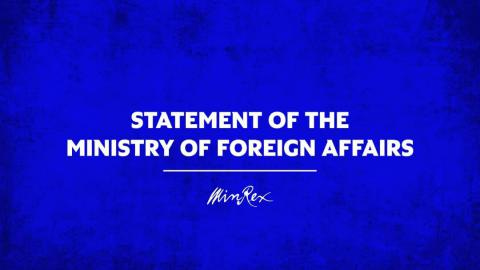The Belly of the Beast Website reported on January 14, 2025, that the Biden administration has removed Cuba from the U.S. government’s list of countries that sponsor terrorism. It cited an administration official who stated that there is “no credible evidence at this time of ongoing support by Cuba of international terrorism.” The Website noted that there was no credible evidence for Cuba’s inclusion on the list four years ago, when the Trump administration placed Cuba on the spurious list.
The Belly of the Beast Website also reported that the Biden administration is suspending implementation of Title III of the 1996 Helms-Burton Act, which allows U.S. claimants whose property was nationalized by the Cuban government in the early 1960s to file suit against companies that do business that is related to a nationalized property. And it reported that the Biden administration will eliminate the list of Cuban entities that are off-limits to Cuban travelers who are legally traveling to Cuba.
T…


